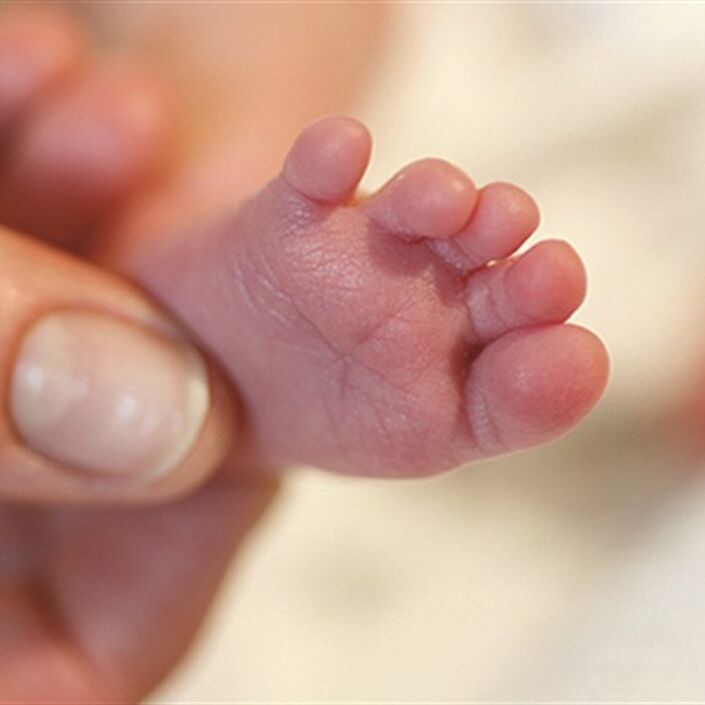The Bill, which was introduced by Kevin Hollinrake MP, was passed in 2018 and will come into force from 6 April 2020. It means that all employed parents are entitled to two weeks paid time off work after the death of their child.
While the Government hopes that employers will be supportive and provide support above and beyond what is contained in this Act, this legislation will support around 10,000 families every year, giving them paid time off to grieve and make arrangements when their child dies.
Thank you to everyone who shaped Bliss’ response to the Government's consultation into this policy. We will post more information about how to access this entitlement when it is available.



